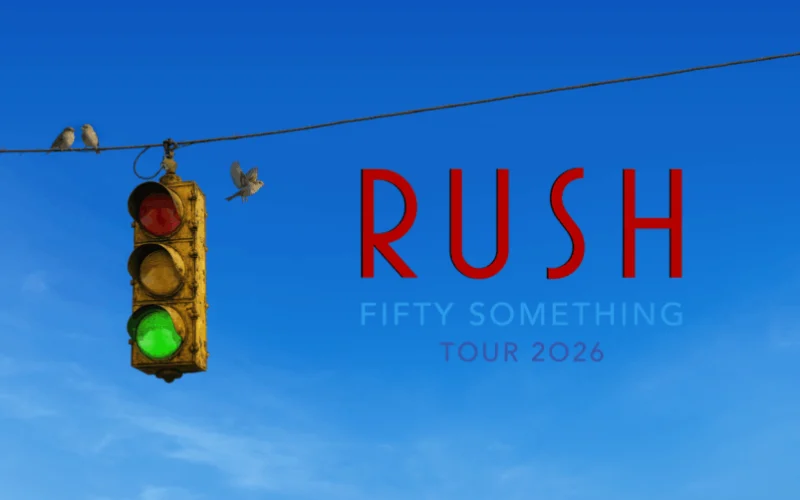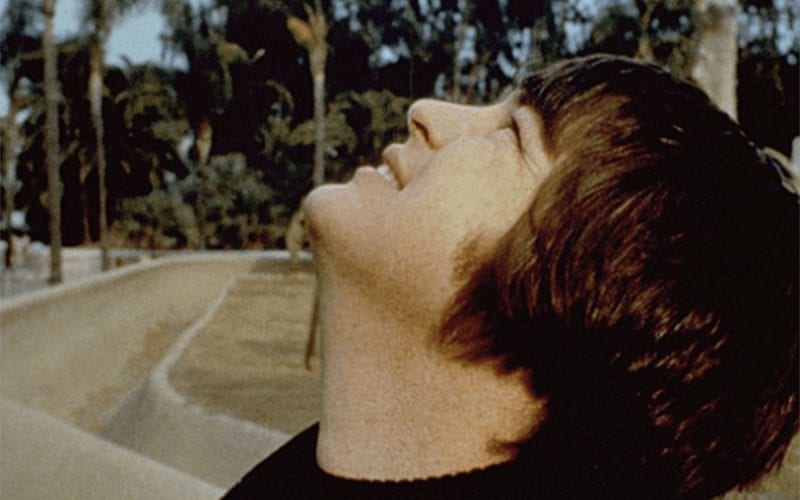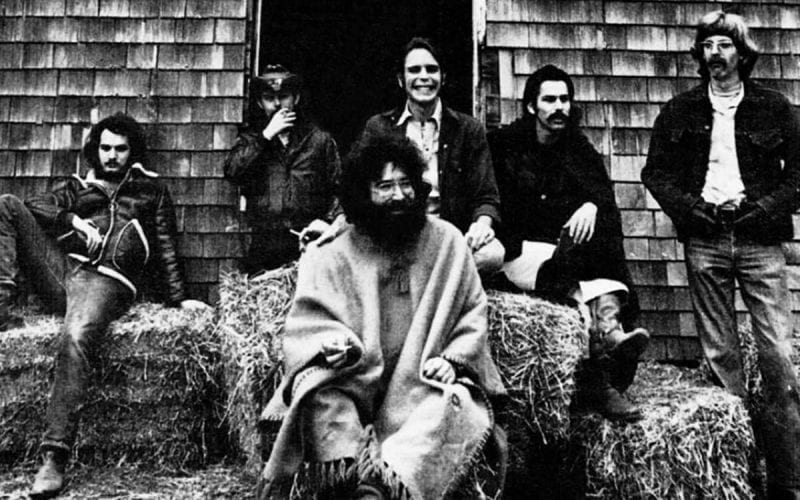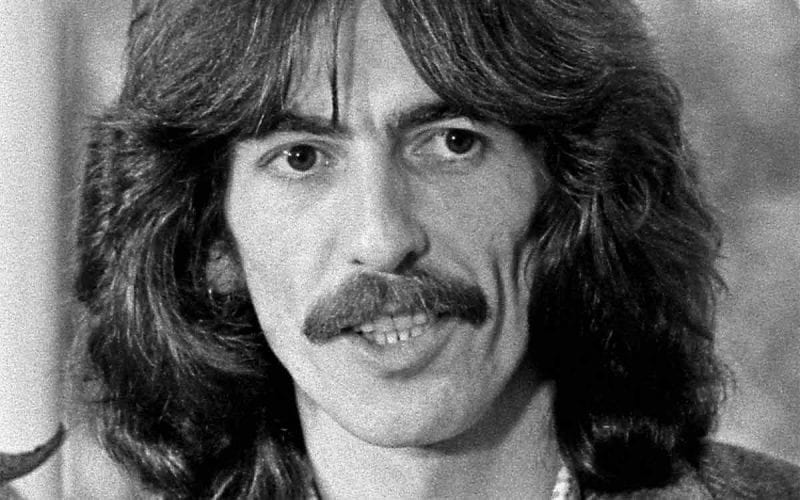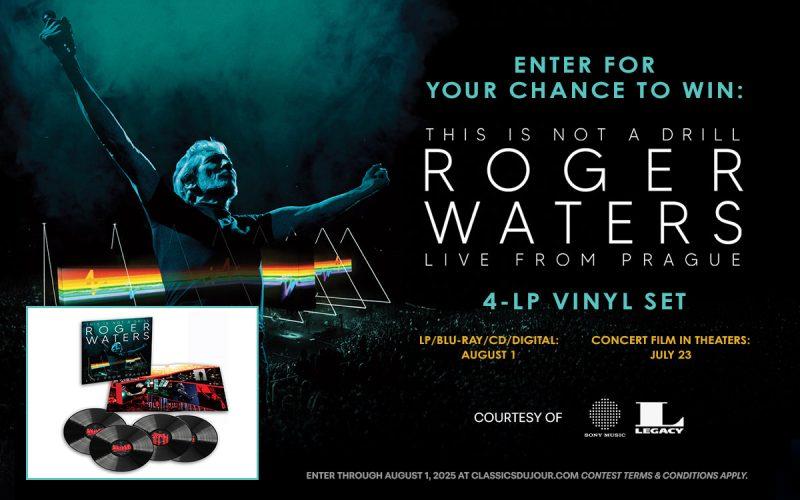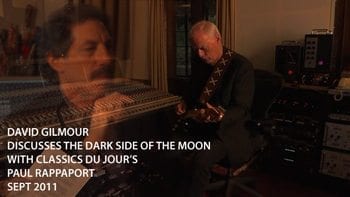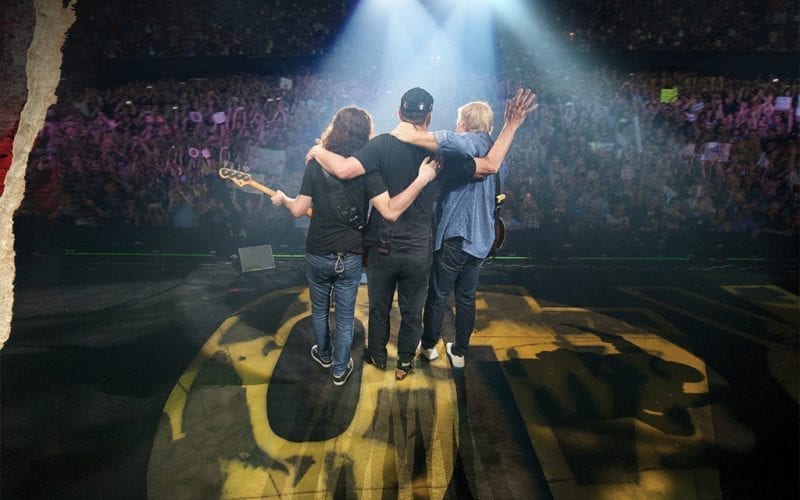
People have often asked why the time from the early 60’s through the 90’s was so special for music. I believe I know that answer, but why that time was also so special for the music industry has eluded me until I recently saw a great documentary on the band Rush and their rabid fans. Then I had one of those “light bulb” moments.
The magical music part can be explained through the organic historical growth of so many different genres of music blossoming all at the same time.
We had Country Music that had been growing for years in the Appalachian Mountains and the backwoods of Tennessee — cowboy songs from Texas, etc., etc. These songs were authentic, written from the hearts of people who lived on the land and wrote about their life’s experiences. Now this music was being brought to us in a more commercial manner through artists like Johnny Cash, Merle Haggard, George Jones, Tammy Wynette, Loretta Lynn, Willie Nelson, and so many more.
We had Folk Music that had come from these same places and from the dustbowl of America, now being popularized by artists like Peter, Paul, and Mary, The Kingston Trio, and Bob Dylan. We had Rock Music that grew out of the blues. Again, this music written from natural experiences and told in a story like manner being made famous first by Elvis Presley, Little Richard, and Jerry Lee Lewis, and then quickly followed by The Rolling Stones, Cream, Led Zeppelin, Jimi Hendrix and a host of others. We had Jazz that had been brewing for years in places like New Orleans that grew to create artists like Miles Davis, Dexter Gordon, Chet Baker, and Wayne Shorter.
We had Mowtown—some of the greatest music ever written and performed, sung by some of the greatest voices of all time like Marvin Gaye, Smokey Robinson, Little Anthony, The Supremes, Temptations, Four Tops, and on and on. Mowtown songs captured the relationships between men and women like no other. And The Great American Songbook exploded through the talented voices of Frank Sinatra, Tony Bennett, and Johnny Mathis. We also heard the greatest Pop records of all time from artists like Chuck Berry, Neil Diamond, Barbara Streisand, The Beatles, and The Beach Boys.
As I said, all of these different genres of music came to the fore of popularity all at once – a true renaissance in music. Most importantly, the common thread to all this music was authenticity. This music came from the hearts of those who made it and entered all of our collective hearts. This music mattered to us much more than just entertainment, we received life’s messages through it. Whether it was Mowtown songs like “Ain’t Too Proud To Beg” or “My Girl,” vulnerable pop songs like the Beach Boys “In My Room,” or the Beatles’ “Let It Be,” or the Stones’ “Let’s Spend The Night Together,” “Mother’s Little Helper,” and “You Can’t Always Get What You Want,” or the jazz sound paintings of Miles Davis on In Silent Way—we connected big time to this music, which would become the soundtrack to our lives and help create the culture we lived in.
Please hold that thought for a moment.
I recently saw the Rush documentary: Rush: Time Stand Still.
Rush: Time Stand Still (Official SHOWTIME Trailer)
I highly recommend that you watch this incredible film. I am not a Rush fan per se – more of an admirer, and you do not need to be a Rush fan to be drawn into this beautiful story of three incredible musicians and their manager, who for 40 years made albums and subsequent fans by delivering their authentic brand of progressive rock in a consistent un-wavering way.
Yes, they received some airplay from rock radio along the way, but the nature of their music does not lend itself to commercial radio airwaves. No matter — the fantastic complex compositions they play (it’s like watching musical gymnasts) is so compelling, that you are literally hypnotized by their performances. And the film documents how hard they work on the road delivering this live experience to their fans playing 250 dates a year!
Rush’s song lyrics, mostly written by drummer Neil Peart, are life’s messages that mean the world to Rush’s fans. And Peart, by the way, turns out to possibly be rock’s greatest living drummer. Don’t believe me? Watch this drum solo:
First off, that drum kit, the largest I’ve ever seen, is not meant for show—he plays the whole damn thing! And watching and listening to this solo is like listening to a one-man orchestra.
But I’m getting off track. The point of the movie is two fold. First, it explains why this must be Rush’s final tour—Peart, who has the highest regard for perfection, can simply no longer stand the grueling schedule of a tour playing this kind of music at this level. Similarly, guitarist Alex Lifeson is suffering from arthritis and has difficulty playing the intense guitar parts for long periods of time. They are so into presenting their art form in the way it’s meant to be heard and seen, that they cannot bear the thought of their fans experiencing anything less. As the manager, Ray Danniels (great guy by the way), states in the film, “The enemy here is time.”
Second, besides the real life back-stage conversations and honest look at the band members, you see a fan commitment unparalleled except for maybe The Beatles. Fans talk about seeing their 35th, 90th, and even their 125th shows!! It’s almost unbelievable, like a religious cult. This fan base literally willed Rush into the Rock and Roll Hall Of Fame, and when you see the part where they are announced at the event, there is an eruption by fans like I’ve never witnessed in all the Rock Hall induction ceremonies I ever attended, even for bands like the Rolling Stones. And the reason for that is, authenticity, the musical truths that Rush passes from their hearts to their fans’. There is a relationship between artist and fan that is a sacred bond—it’s a true love affair. One can’t exist without the other—they live for one another.
By contrast, I also recommend that you watch the documentary on Faith Hill and Tim McGraw: Tim & Faith: Soul2Soul.
Tim & Faith: Soul2Soul (Official SHOWTIME Trailer)
In this film you see more of a business side of the music. Yes, Tim and Faith each have successful careers on their own, but these are careers built more on songs written for them, clever videos, press stories, good looks, and marketing plans. Make no mistake, each one’s career is also built by their tenacity and hustle to succeed. They remind me of the baseball player Pete Rose. He wasn’t the most talented player in the game, but he cared more, hustled more, and worked very hard to become the great player he was (gambling issues aside).
Tim and Faith are a power couple but also a real married couple, and you get an inside look at their dynamic, which I think is very interesting.
But I want to compare their music and live performances (born more out of today’s record business) to Rush. Tim and Faith’s stage performances are kind of a posed show, differing from the more authentic artistic offering by Rush. Don’t get me wrong, Tim McGraw and Faith Hill are talented stage performers and singers, but it’s more of a business career, the job of a country star, if you will. And that is why even though they have fans, they are not the same kind of fans as Rush fans — although loving fans, they are not counting how many Tim McGraw and Faith Hill shows they have seen.
Lots of today’s pop music artists face the same kind of fan relationship as their fame and celebrity does not rely on live performances but is rather due to their latest hit record.
If you asked Judy or I to compare the music business of today with how it was when we both worked at major labels (she at Atlantic and I at Columbia), we would tell you that although the business of today can still be fun, it cannot compare to the magical kind of “Camelot” experience we had back in the day.
Now for the “light bulb” moment. The record business that Judy and I would enter in the early 70’s was largely run by men and women from the 50’s era. These were the older style “Hey Babe,” kind of music execs. The reason people like Judy and I were hired was because we knew and were immersed in the new music of the day. All of the music I spoke about in the first paragraph of this blog was inside of us — it was the music that had literally shaped our lives and we were deeply invested in it because it meant so much to us. We felt a bond with this music in much the same way Rush fans feel bonded to Rush’s music — it mattered way more to us than just entertainment — The Beatles, The Rolling Stones, The Who, etc. were deep in our DNA, and now the next generation of those kind of artists were hitting the scene, like AC/DC, Genesis, Pink Floyd, Santana, and so many more to come. We felt a part of that culture and on a mission to continue to help spread the word.
And it was not just people like us who worked at the labels; it was a whole new generation of music lovers that worked in all other aspects of the business. It was people like Jim Greenwood who realized his customers were of a generation who might be entering his Licorice Pizza record stores with “the munchies” and offered free black licorice so you could even “taste” the vinyl you were buying. It was people like Russ Solomon who celebrated this explosion of music by opening Tower Records, a literal department store dedicated to all genres of music.
The new faces of radio were much the same. Whether it was a program or music director, or a disc jockey, most all had joined the business because we were in love with the music.
And that is why a lot of our business dealings seemed to have a mutual purpose behind them. Yes, we at the labels had to sell records, and the radio folks had to get ratings for their respective stations, but it all revolved around this glorious musical renaissance that was happening. Even though our business agendas might greatly differ, we were all bonded by the similar music experiences we had growing up, there was a kind of a “knowing” that we all shared.
In the Faith Hill and Tim McGraw film one of them actually refers to the “job” of their career and how they could put it on hold if need be. In the heyday of the music business we never felt like we had jobs, at least not real ones — nor did the artists we worked with. We had lifestyles that we loved, and felt more like gladiators fighting for a cause, the cause of great music that we all knew would continue to shape the culture and the world we lived in.
That time period was not only special for the music but also very special for the music industry because the people who eventually would be put in charge of sharing this music with the rest of the world carried a torch inside, in much the same way Rush fans carry that torch for their beloved band.
Best to you all,
Rap~
© Paul Rappaport 2018

